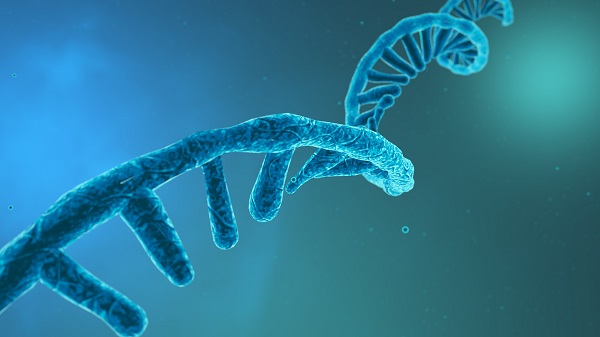Action on mRNA primes NSW to lead in combating global disease
The NSW Government has moved ahead in the race to become Australia’s mRNA vaccine manufacturing hub and a global force in the RNA industry.
As part of its COVID-19 response, NSW is providing major support to the state’s leading universities, research institutions and hospitals to further advance NSW mRNA research, development and manufacturing capabilities.
This will reinforce NSW as a world leader in the combat of infectious diseases, and establishes the state as the natural home for any joint state-federal initiative.
Premier Gladys Berejiklian said the action included the formation of a new NSW RNA Bioscience Alliance, a partnership across all NSW Universities, and providing support for a new $15 million NSW RNA Production and Research Network. The Alliance and Network will work closely with a new $25 million RNA Institute established by UNSW Sydney.
“The pandemic has shown that an investment in mRNA vaccine manufacturing and RNA research is an investment in the health and safety of our community,” Ms Berejiklian said.
“A strong and supported RNA industry will ensure NSW remains a world-leader in the development of medical technologies and therapeutics to combat everything from pandemics to cancer and genetic diseases.”

The NSW RNA Bioscience Alliance will be led by Professor Pall Thordarson, professor of nanomedicine and synthetic chemistry at UNSW Sydney, and will report to the NSW Vice-Chancellors’ Committee to coordinate collaborative work across the NSW RNA ecosystem.
The NSW RNA Production and Research Network will be led by UNSW Sydney in partnership with The University of Sydney, University of Technology Sydney, Macquarie University, Australian National University and the Kirby Institute, Westmead Institute of Medical Research and Royal Prince Alfred Hospital. It has been tasked with providing high-quality genetic materials for use in pre-clinical studies relating to three pilot research projects to develop therapeutic solutions that will assist in the COVID-19 response, and will utilise the new UNSW Sydney laboratory facility.
Minister for Health and Medical Research Brad Hazzard said RNA technologies could potentially play an important role not only in combatting pandemics, but also in therapies and diagnostics.
“NSW is already home to pioneering research and national leadership across the fields of gene therapy, gene-modified cell therapy and RNA therapy. This collaboration of some of our brightest scientific minds will turbocharge research and development in NSW,” Mr Hazzard said.
The NSW Government has responded to the federal government’s approach to market for a local mRNA manufacturing capability.
Minister for Jobs, Investment, Tourism and Western Sydney Stuart Ayres said there was no better state than NSW to support world-leading research and development of next generation therapies.
“NSW is best placed to anchor the future of RNA-based research and manufacturing in Australia given its stronger networks, faster access to innovative vaccines, therapies and diagnostics for patients,” Mr Ayres said.
“The NSW RNA Production and Research Network and the broader NSW RNA Bioscience Alliance will support leading universities to educate and train the researchers of tomorrow to grow an expert workforce for the RNA ecosystem, including the emerging mRNA vaccine manufacturing industry.”
Parliamentary Secretary to the Premier, Gabrielle Upton said the power of translating research, in areas like RNA, is that it can deliver opportunities to create new industries.
“NSW’s strong focus on translating research through the Accelerating R&D Action Plan means we are building strong partnerships between universities and industry, which in this case, will help protect the health and safety of our community”.
Convener of the NSW Vice Chancellor’s Committee Professor Barney Glover AO said the committee welcomed the NSW Government’s investment in RNA research and development.
“The state’s universities are committed to the economic and social productivity and prosperity of NSW and through our newly established NSW RNA Bioscience Alliance, we look forward to working collaboratively with government and key industry partners. UNSW Sydney’s new Institute illustrates the sector’s capability to contribute to the state’s plans.”
Updated 4 years ago